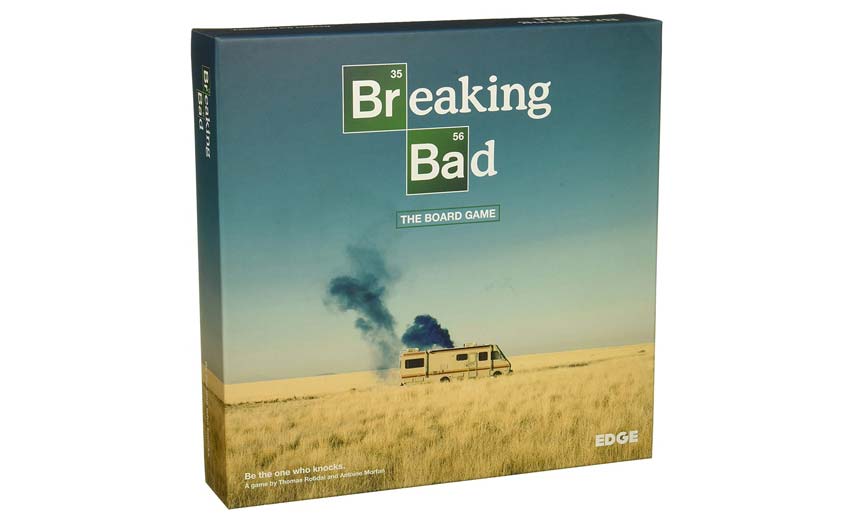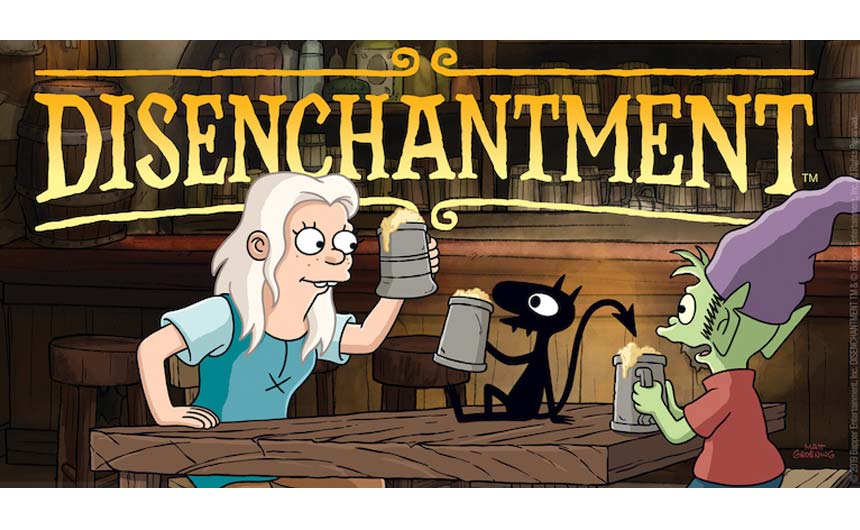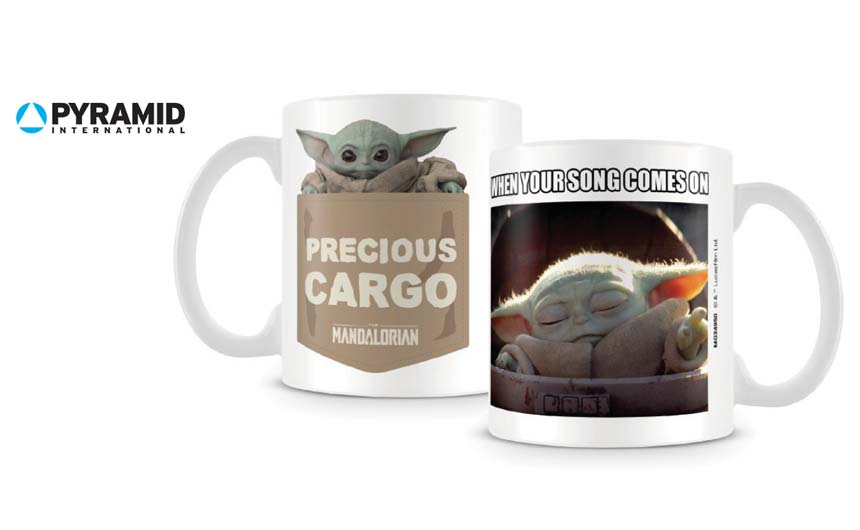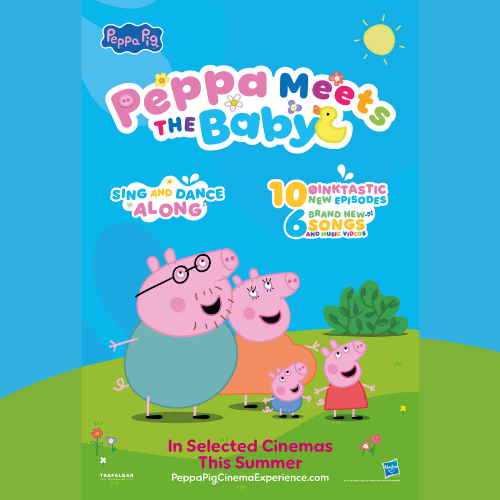The influence of subscription streaming services was rising rapidly even before social distancing, but how is this impacting licensing?
Over 13 million UK households now have at least one subscription to a streaming service, according to reports, and this is a figure which is only going to increase. Netflix, Amazon Prime Video, Disney+ et al are investing £millions in original content and the changing media landscape means there is more choice available for consumers then ever before.
So what impact is the growth of these streaming services having on the licensing industry? “Ultimately it is going to be more important than ever for licensors, licensees and retailers to understand their audiences to identify the right opportunities for their properties to give them the best opportunity to succeed,” Nick Richardson, ceo and founder of The Insights People, tells us.
“Greater fragmentation of media means children have more choice of what they consume and when they consume it. This could mean that they choose to binge watch on their favourite content, which in turn can make it harder for some properties to breakthrough and build more meaningful relationship with their audience.”

Smaller or newer properties may need to take a more innovative approach to structuring some licensing deals, says Nick. Ultimately though, he believes the industry needs to change: “Considering properties which are on linear TV only feels like an outdated perspective. With kids having access to so much technology the next big thing could come from any platform.”
One big advantage of streaming platforms is that it gives viewers ultimate flexibility in what, where, how and when they watch. “This non-linear exposure means that the brand is not beholden to the parameters of the window of transmission, that terrestrial broadcast is,” says Louisa Skevington, licensing coordinator at Rocket Licensing which is handling the UK programme for Matt Groening’s new animated series, Disenchantment.
Having launched on Netflix last year, Bravado and Roy Lowe are on board for daywear and socks respectively with initial product launching into key retailers this year. “For a brand owner, placing a brand into the streaming space opens it up to new and wider audiences,” Louisa continues.
Rocket has previous experience in this arena, having worked on the licensing programme for Breaking Bad, one of the first brands to really take off from a non-linear platform. “Netflix, Amazon Prime, Now TV, etc have since grown in scale and consequently in importance – you can’t ignore the impact that an increasing number of streamed properties are having on consumers and licensees,” says Louisa.

And retailers are also responding to this when making their selections. Primark, for example, is collaborating with Netflix, kicking off with Stranger Things – the show which is quite possibly the poster child for streaming success. It is proof that being on a streaming platform alone is enough to build a brand if the property resonates with the audience.
And then there’s the excitement generated by The Mandalorian and the character The Child, in particular (dubbed ‘Baby Yoda’ by many) – Paladone and Pyramid International have already confirmed new product launches for 2020, while Hasbro is launching a toy line.
Ultimately, the licensing business will need to adapt, says Nick. “We have seen over the last few years how all areas of the children’s industry are in a state of flux,” he concludes. “The industry has to evolve its business models to become more agile, collaborative and more flexible.”

Who’s who: the key players
Netflix – founded in August 1997 in Scotts Valley, California by Marc Randolph and Reed Hastings, it officially launched on April 14 1998 as the world’s first online DVD rental store before moving into streaming media in the late 2000s. It entered content production in 2012, with a ‘Netflix Original’ being content that is produced, co-produced or distributed by Netflix exclusively on its services. House of Cards, Orange is the New Black, Daredevil, Jessica Jones, The Punisher, Narcos, The Crown, Breaking Bad and Stranger Things are just some of the shows to build a profile on the service.
Amazon Prime Video – the retailer’s video streaming platform has significantly upped the ante over the last few years. The announcement of the hiring of Jeremy Clarkson, James May and Richard Hammond in 2015 for The Grand Tour was a shot across the Netflix bows. Since then, its sports-related acquisitions – including NFL, the US Open and the Premier League – have got people talking, while it is also due to air the TV adaptation of The Lord of the Rings.
Disney+ – the eagerly anticipated service will arrive in the UK (and Germany, France, Italy and Spain) on March 24 and will feature a host of new and past TV series and films from Disney, Pixar, Marvel, Fox and National Geographic. It’s been available in the US since November last year, with one of the breakout hits being The Mandalorian, a new Star Wars series set between Episodes VI and VII. Other new shows that UK viewers can expect include a live action remake of Lady and the Tramp, a new Toy Story series centred around Forky, several new Marvel TV shows, a Monsters Inc sequel series and a Lizzie McGuire sequel among others.
Britbox – a joint venture between BBC Studios and ITV, Britbox launched in the UK last November. It is also available in the US and Canada. As well as the catalogues from BBC and ITV TV, it also includes content from Channel 4 (including Film4) and ViacomCBS (Channel 5 and Comedy Central). Original content is due to be commissioned and produced from 2020.
AppleTV+ – Apple’s streaming service launched on November 1 in over 100 countries, with consumers who buy a new iPhone, iPad, Mac or AppleTV getting a year’s subscription free. It offers exclusive shows, movies and documentaries from acclaimed filmmakers including JJ Abrams and Steven Spielberg, with the likes of The Morning Show (starring Reese Witherspoon and Jennifer Aniston) already gaining plaudits. Helpsters, meanwhile, is aimed at young viewers and is fronted by Sesame Street’s Cody. Prince Harry is also teaming with Oprah Winfrey on a mental health docu-series launching this year.
This feature originally appeared in the spring 2020 edition of Licensing Source Book. To read the full publication, click on this link.

































